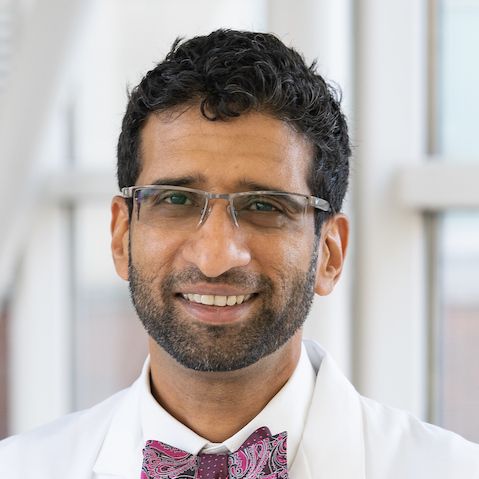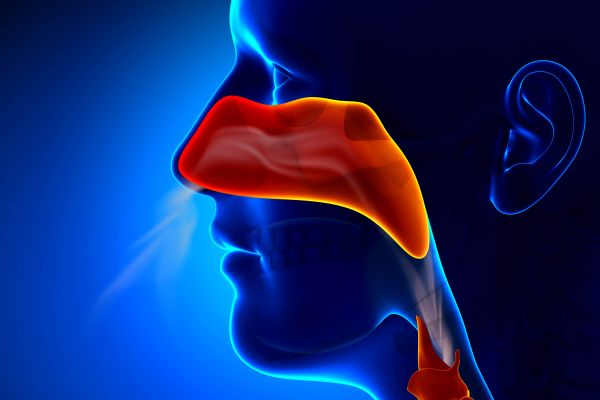Do I need to see a doctor about bad breath?
Everyone has experienced times when their breath is not exactly fresh: waking up in the morning, after drinking coffee, and post-consumption of pungent foods. Mouthwash commercials present it as a normal human condition. But can persistent bad breath, called halitosis, be a sign of something more serious?
If you’ve been told your breath is offensive, it’s time to learn the cause and address it. Soon.
Brush Up Your Dental Hygiene
A good first step is to look at your dental hygiene and diet, recommends Vishal Gupta, MD, a specialist in head and neck surgery and Assistant Professor of Oncology and Otolaryngology.
“My first recommendation would be to review your lifestyle and make changes, such as regularly brushing your teeth and flossing, and getting proper hydration,” Dr. Gupta says.
If this doesn’t resolve your bad breath, then your next step is to contact a dentist for an oral exam to see if your bad breath is caused by tooth decay, gum disease or a sinus infection.
Other Symptoms
Everyone also should be aware of other new symptoms, in addition to bad breath, that are possible signs of oral, oropharyngeal (throat) or laryngeal cancer. These symptoms include:
- A lump in the neck
- Persistent ear pain
- Sores in the mouth that don’t heal
- Difficulty eating
- Hoarseness
- Unexplained weight loss
Dr. Gupta recommends calling your doctor right away if you have any of these symptoms. He advises this especially if you smoke or drink alcohol, behaviors that are risk factors for these cancers, or have the HPV virus, which can cause throat cancer.
But doctors aren’t certain why these cancers cause bad breath. “It is not exactly clear but it is likely related to a concentration of high polyamines in cancer cells,” he says. A 2010 study on colorectal cancer used canine scent detection to show that cancer has a specific smell from cancer-specific chemicals circulating through the body. These emit an odor that dogs, but not humans, can detect.
Never miss another Cancer Talk blog!
Sign up to receive our monthly Cancer Talk e-newsletter.
Sign up!Dr. Gupta notes that typical treatments for these cancers can be surgery-based or radiation-based, and that advanced-stage cancers “may require multimodality treatment, which includes surgery, radiation and chemotherapy.” But the best approach is preventive.
“Quitting smoking and drinking will help prevent these cancers and improve prognosis,” Dr. Gupta says. “And HPV vaccination is recommended for both boys and girls.”



